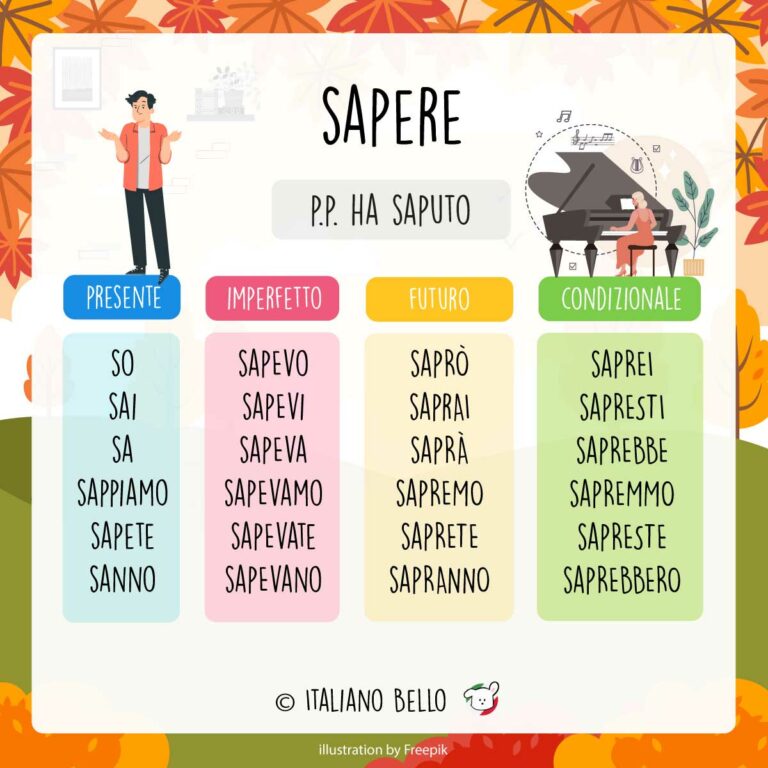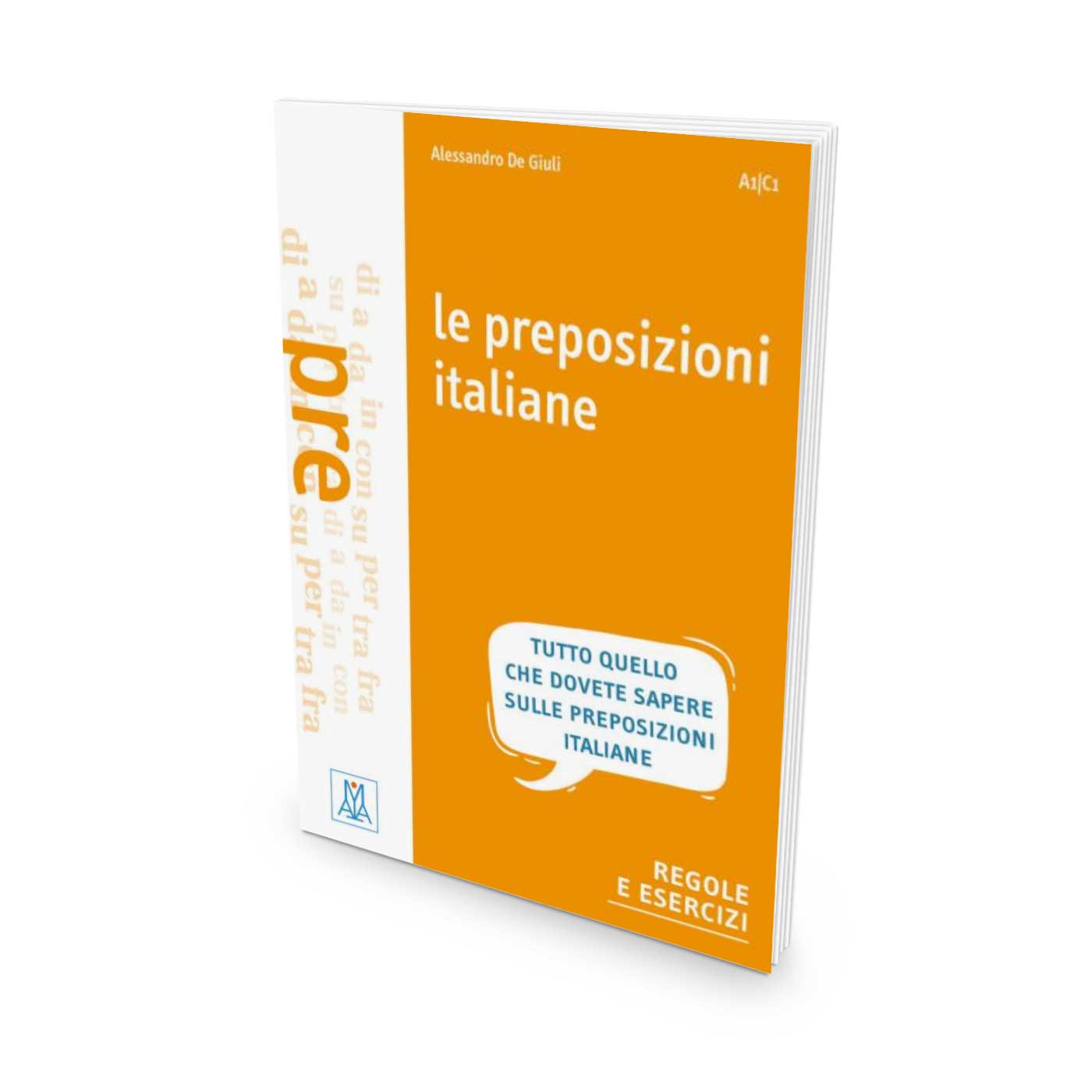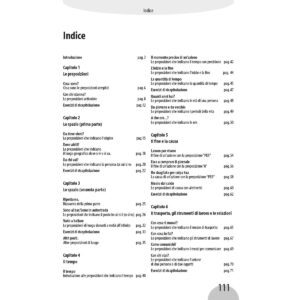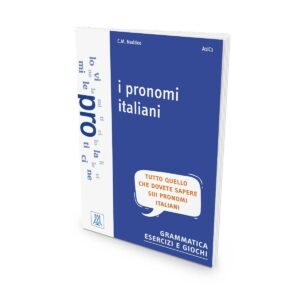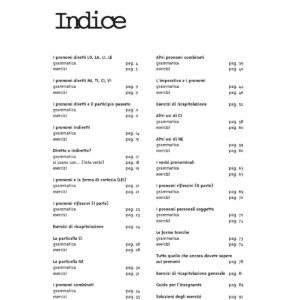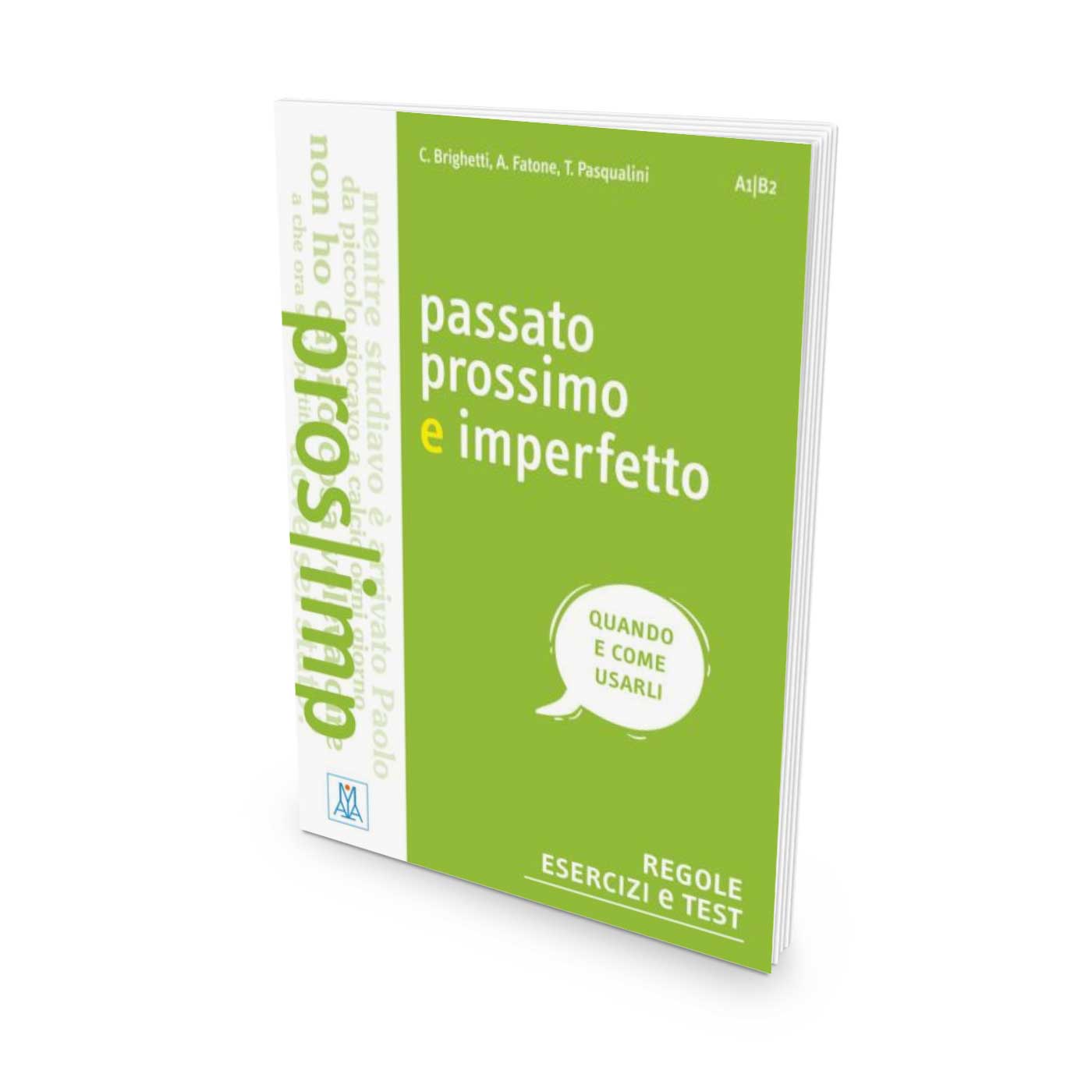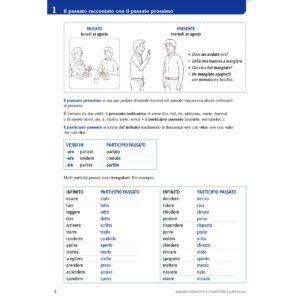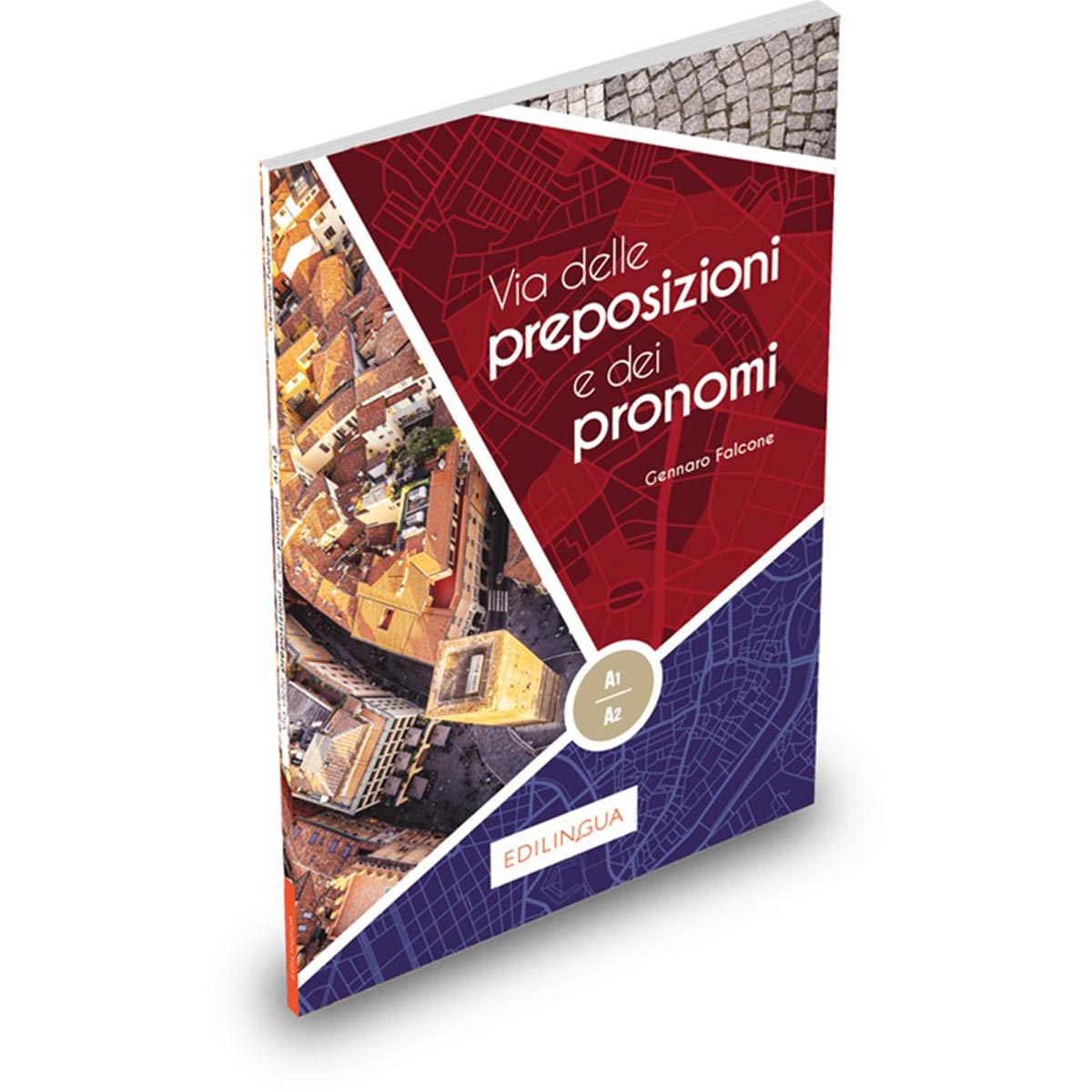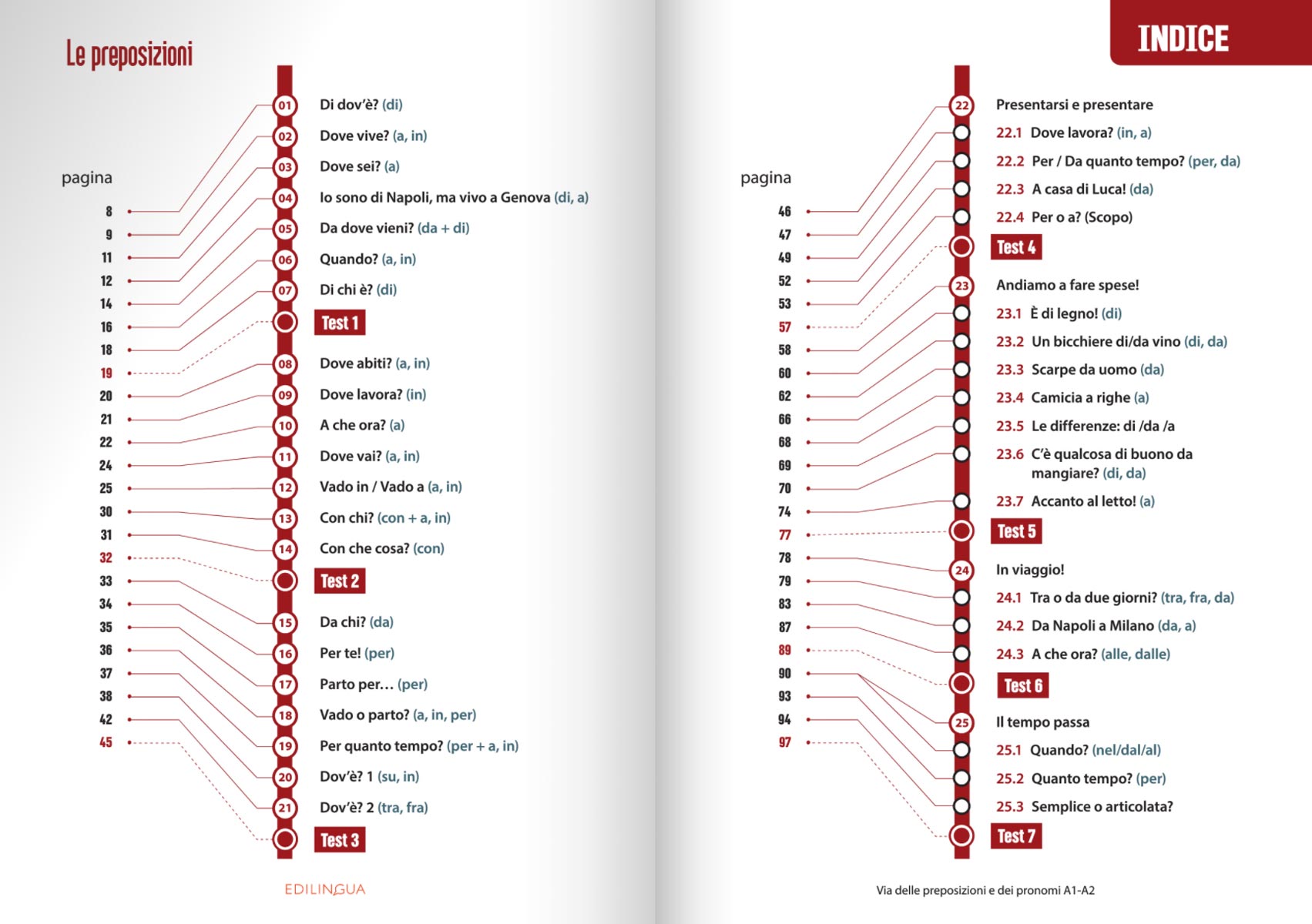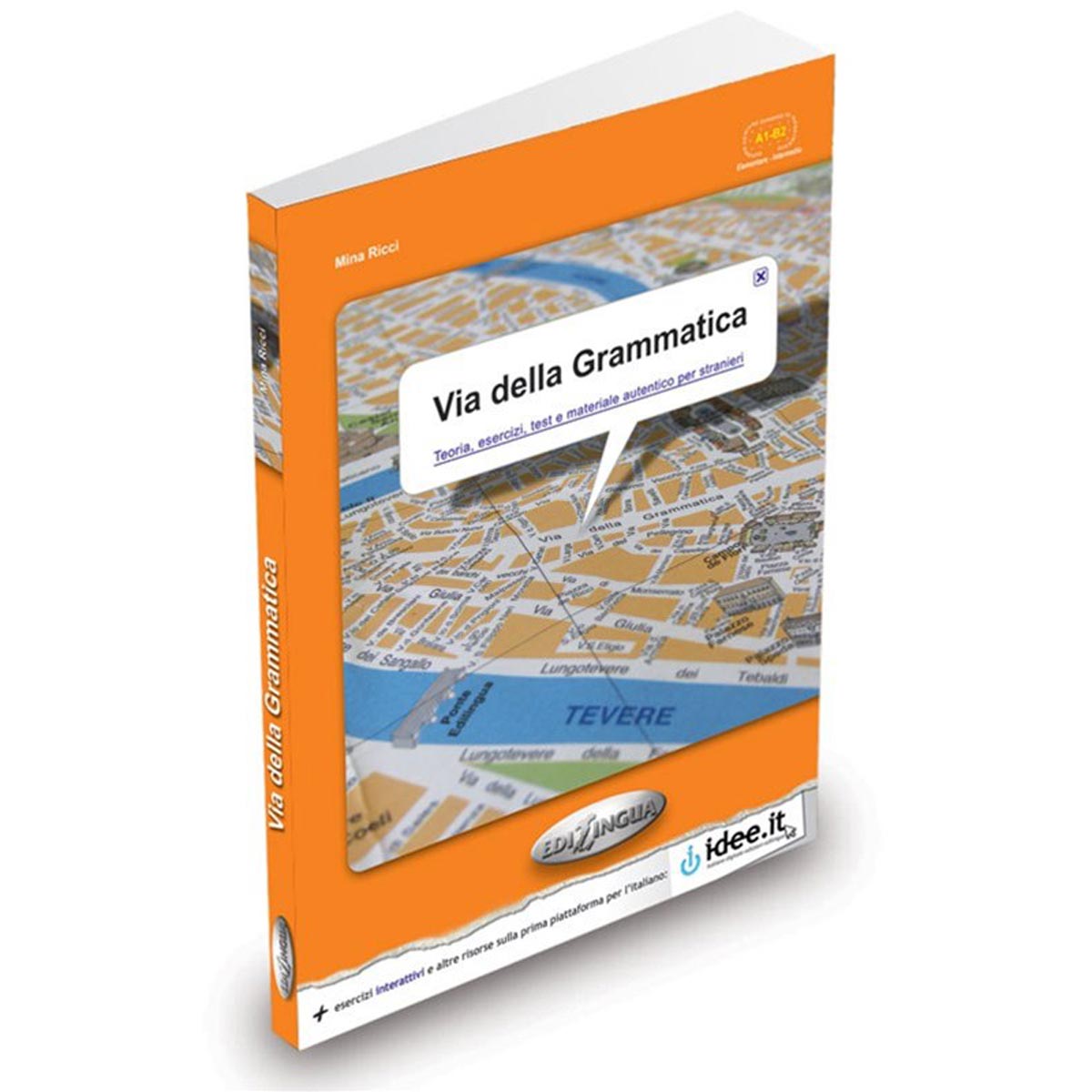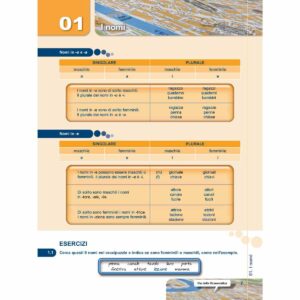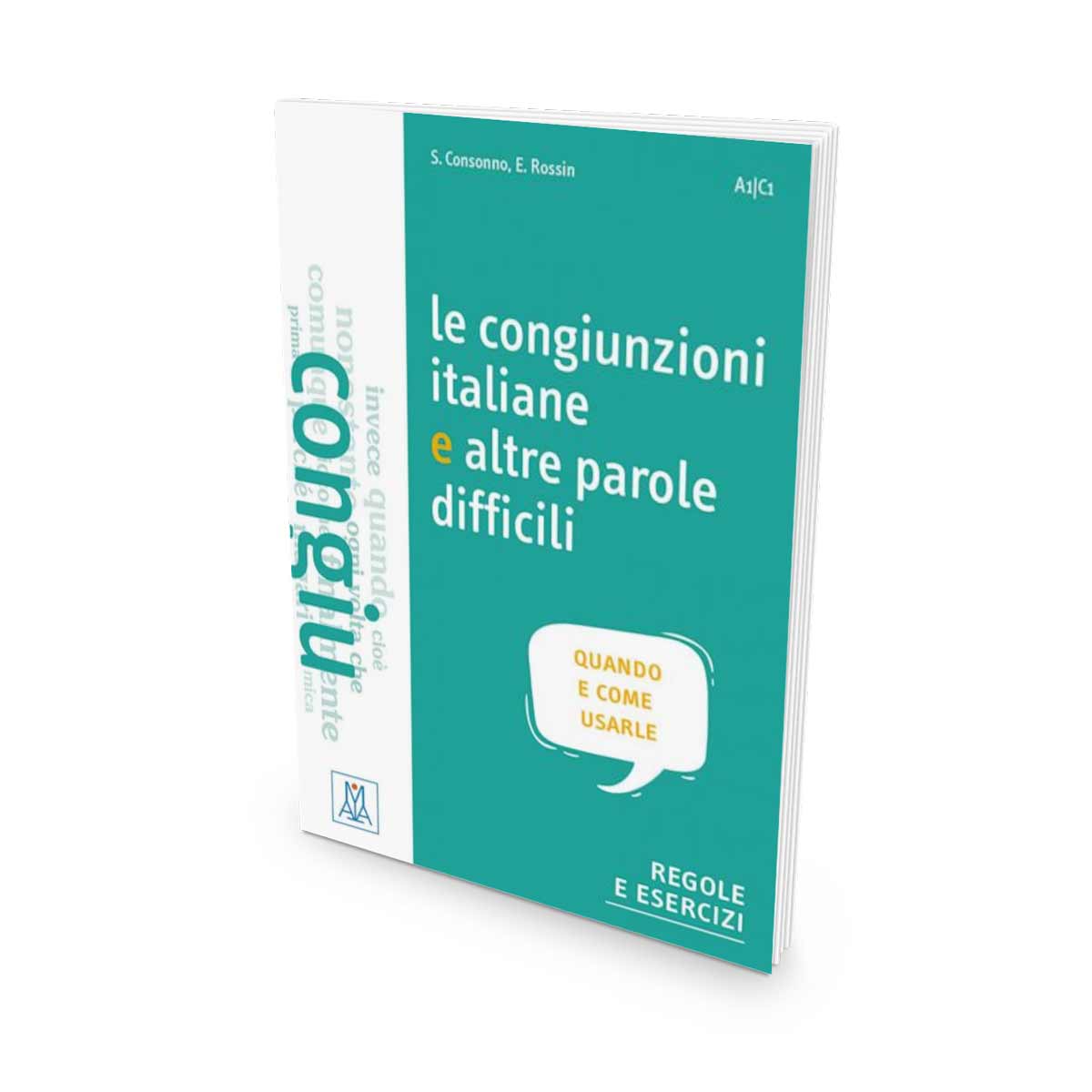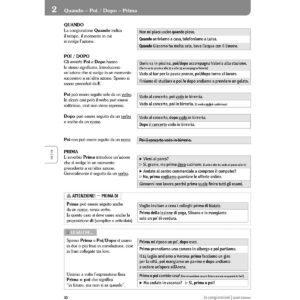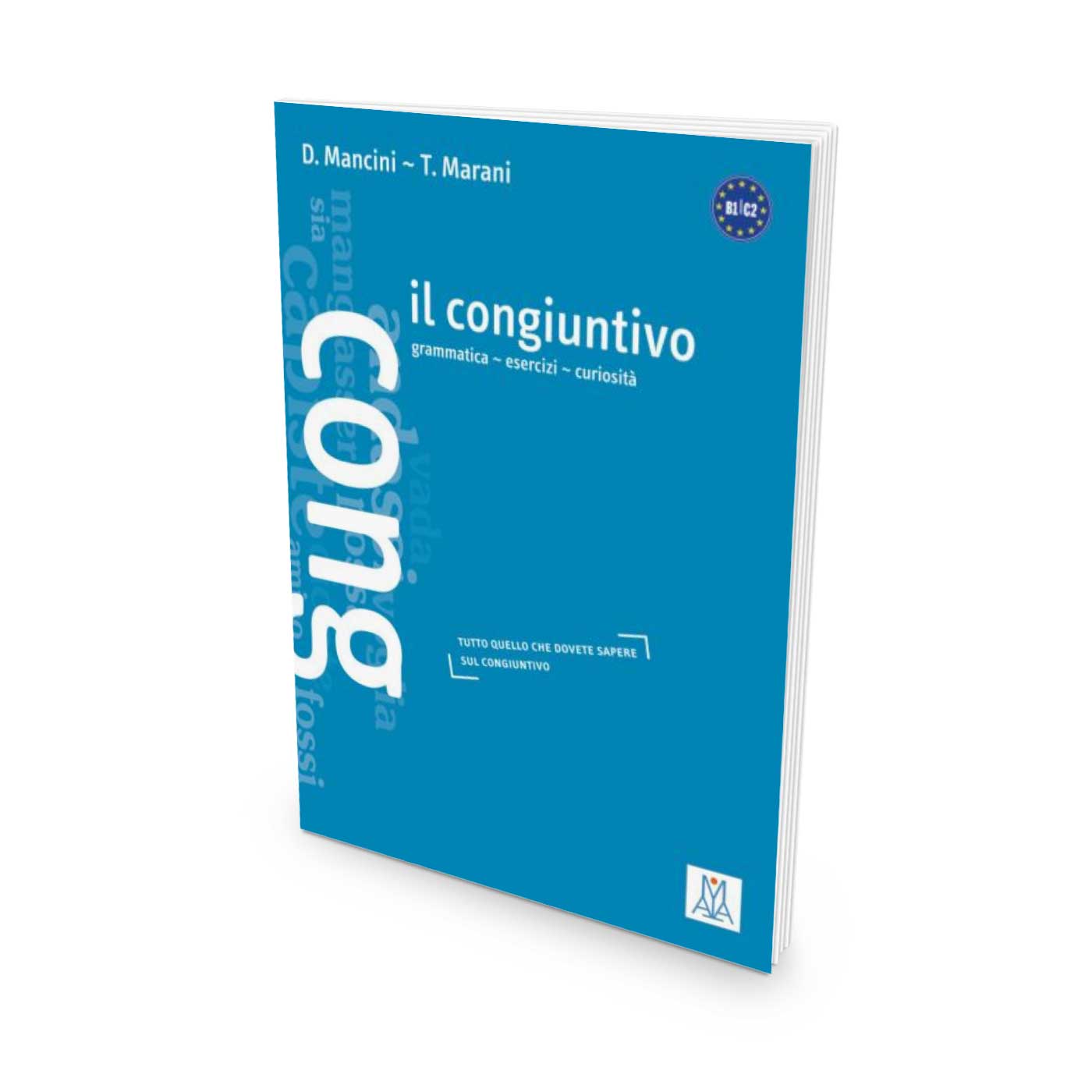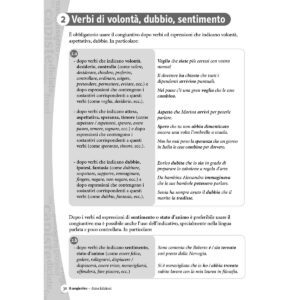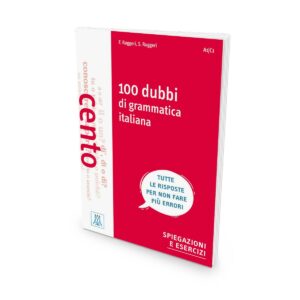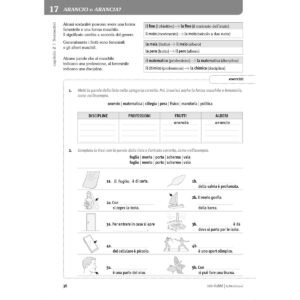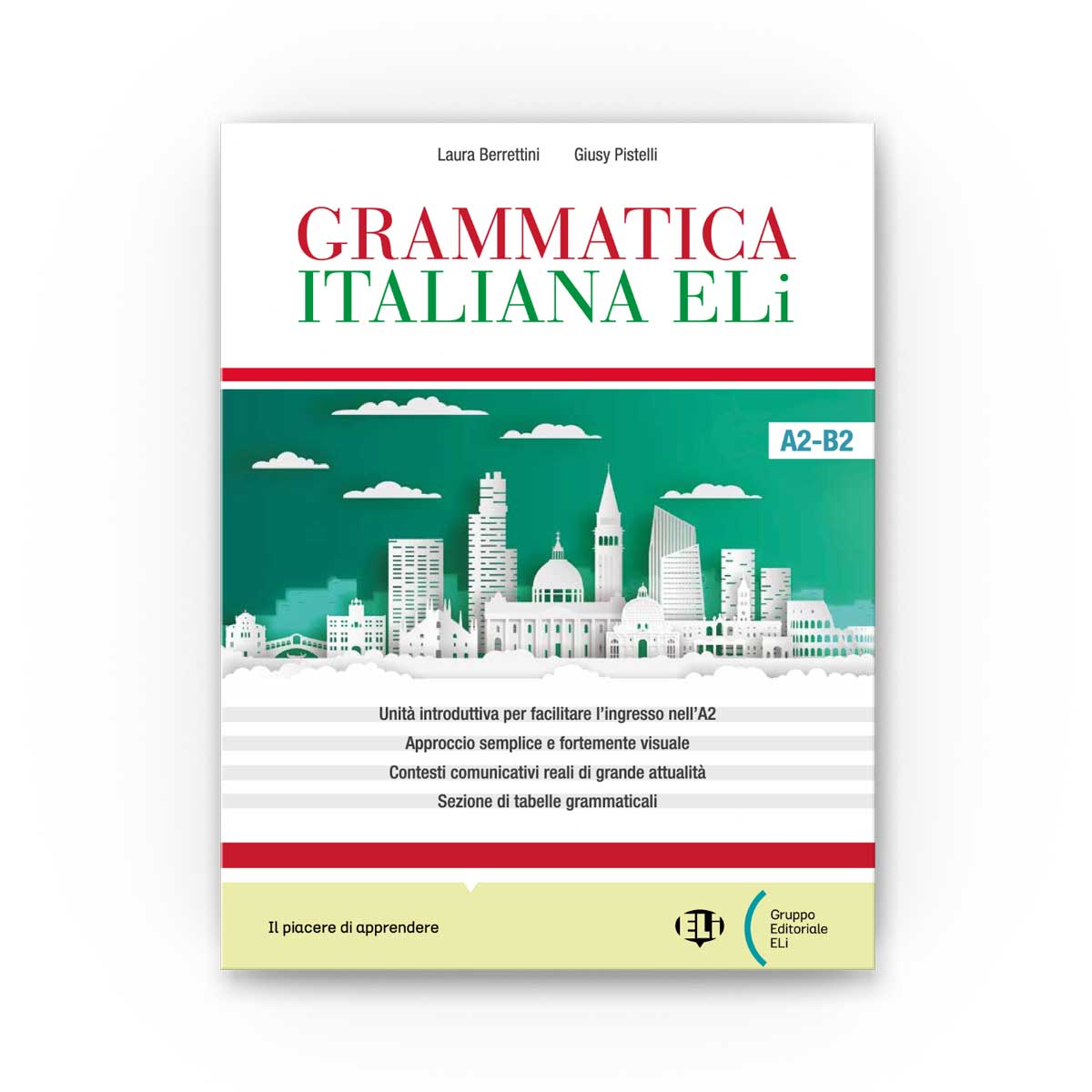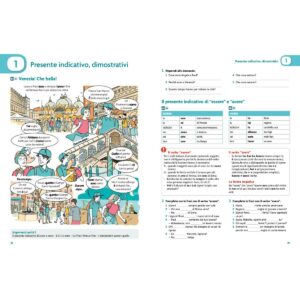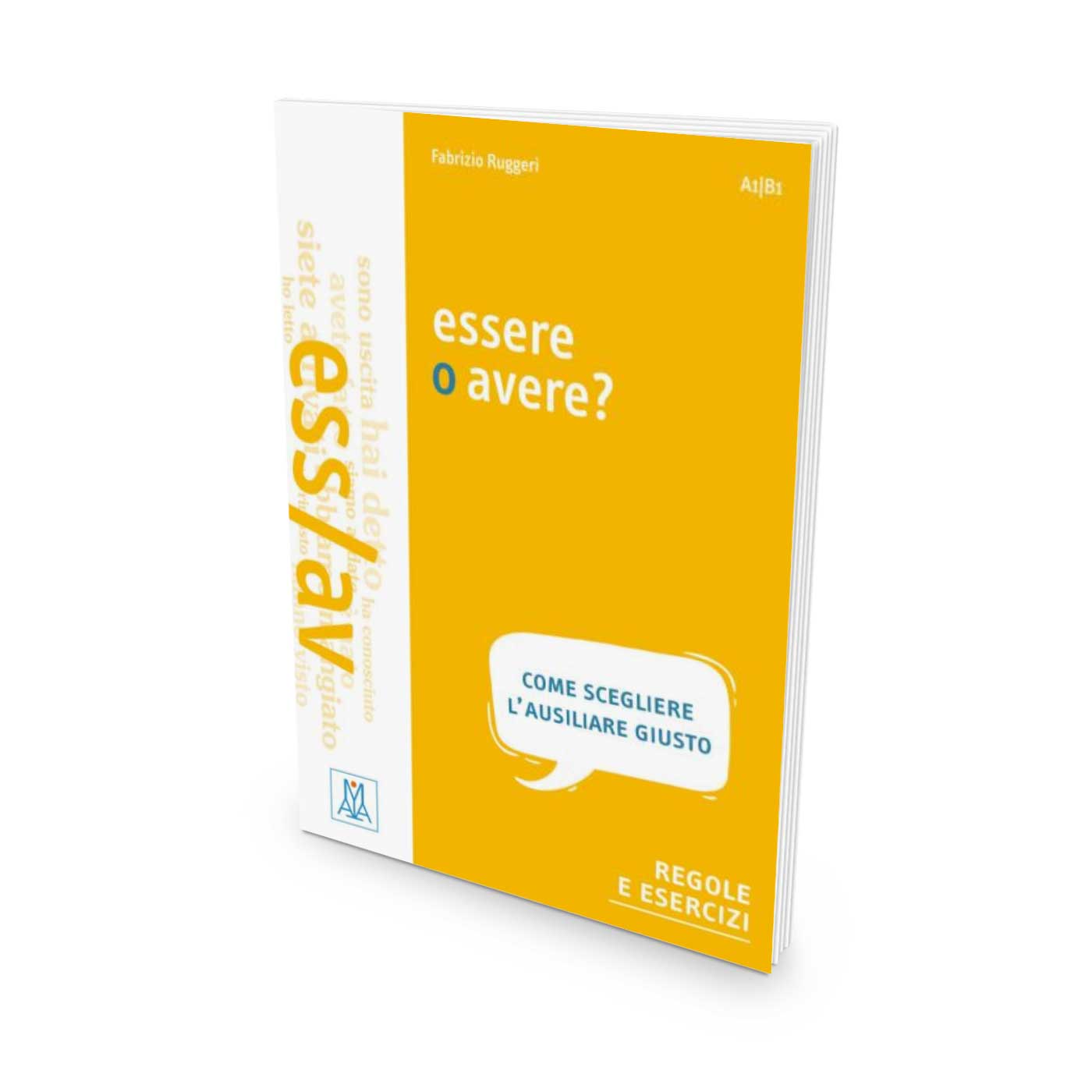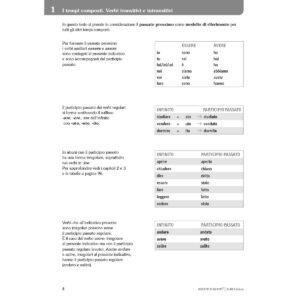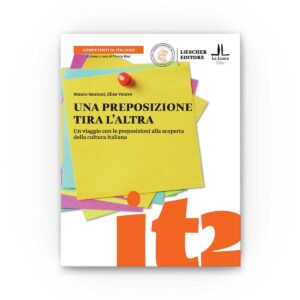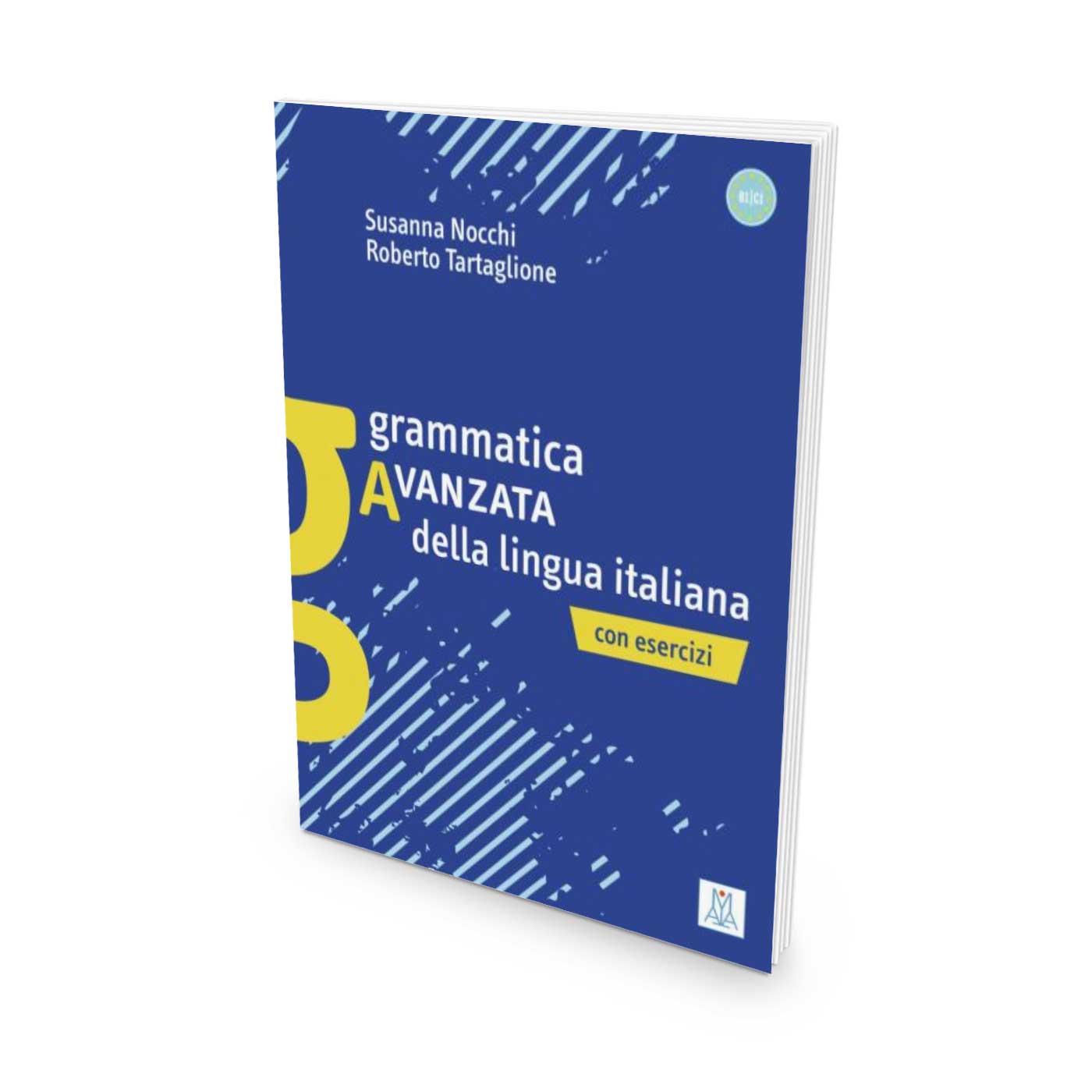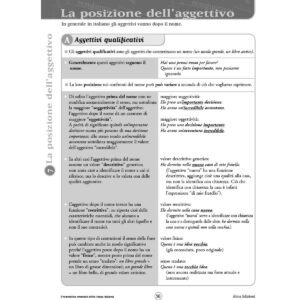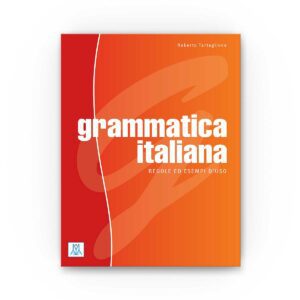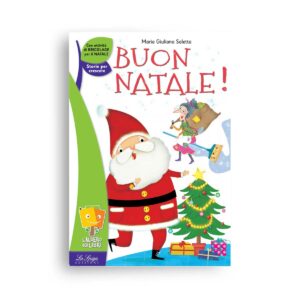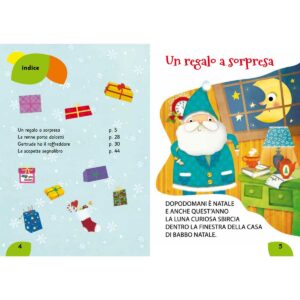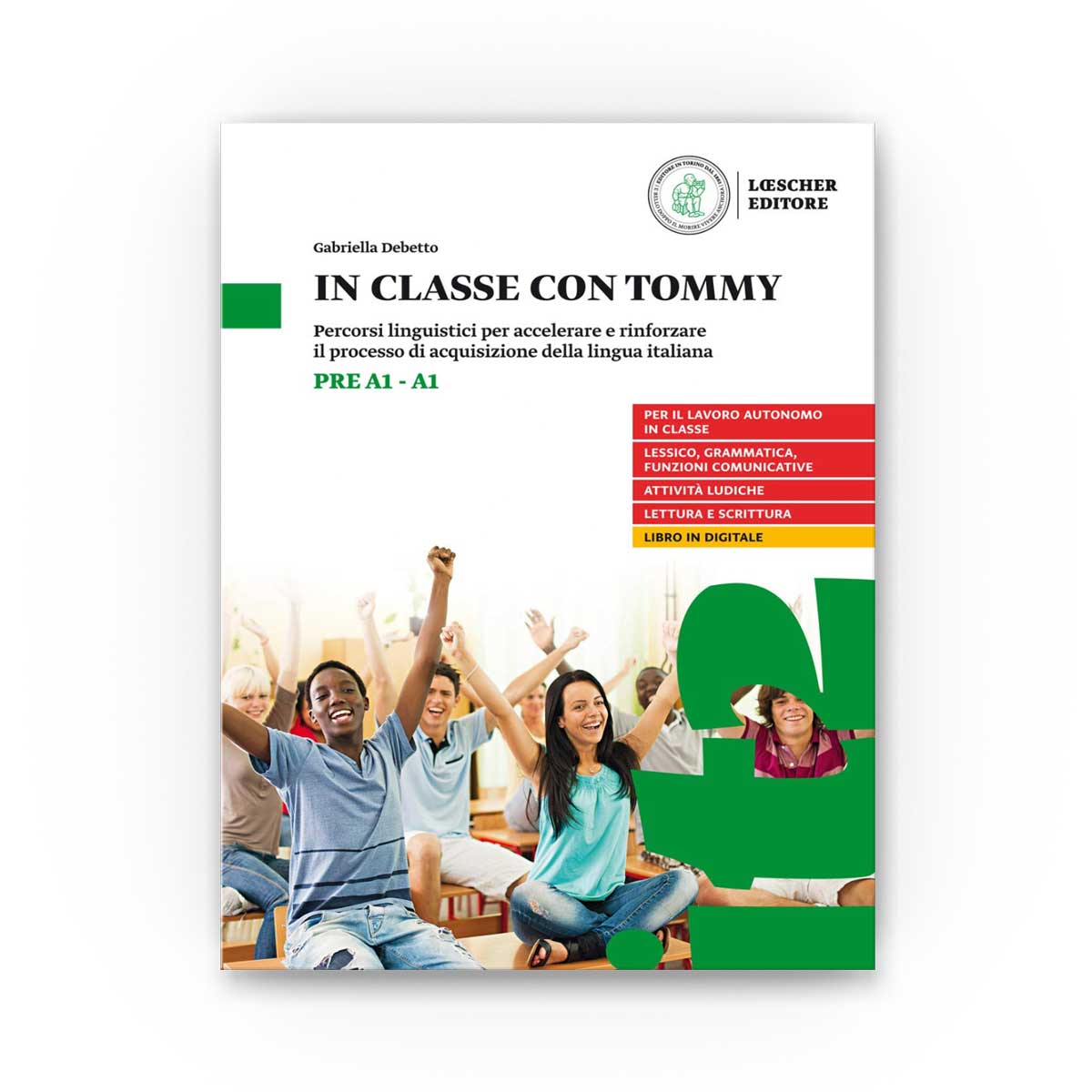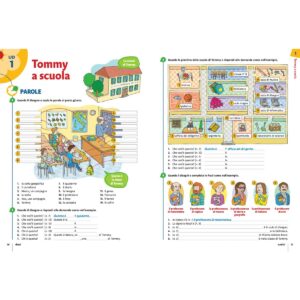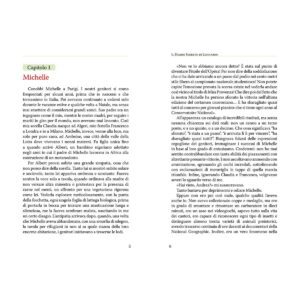Let’s learn more about the difference between sapere and conoscere.
Sapere
Sai che domani parto?
Sapere means to know a piece of information. It’s followed by words like che (that), se (if), dove (where), chi (who), come (how), perché (why),…
| Non lo so. | I don’t know. |
| Scusi, sa dov’è la stazione? | Excuse me, do you know where the station is? |
| Sai se Marco viene? | Do you know if Marco comes? |
| Luigi non sa che domani partiamo. | Luigi does not know that we are leaving tomorrow. |
Attention: Sapere means can when it’s followed by a verb: So cucinare I can cook. Learn more about this topic here.
Let us repeat the conjugation of sapere
Sapere is an irregular verb. Let’s repeat the conjugation.
You can find more such verb cards with audio here.
Conoscere
Conosci mia moglie?
Conoscere means to know things like people or places, something you have experienced. It’s followed by a noun. It can be also reflexive: conoscersi to know each others.
| Conosci già i miei fratelli? | Do you already know my siblings? |
| Conosco bene Milano. | I know Milan well. |
| Ci conosciamo da tre anni. | We have known each other for three years. |
Esercizio
1. Sapere o conoscere?
Impara di più!
Difference HO SAPUTO and SAPEVO
Sapere has different meanings in passato prossimo and imperfetto.
Difference between HO CONOSCIUTO and CONOSCEVO
Conoscere has different meanings in passato prossimo and imperfetto.
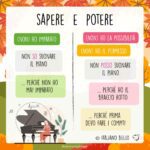

10 Things about Pinocchio you didn’t know yet
Did you know that in the original story Pinocchio kills the cricket?
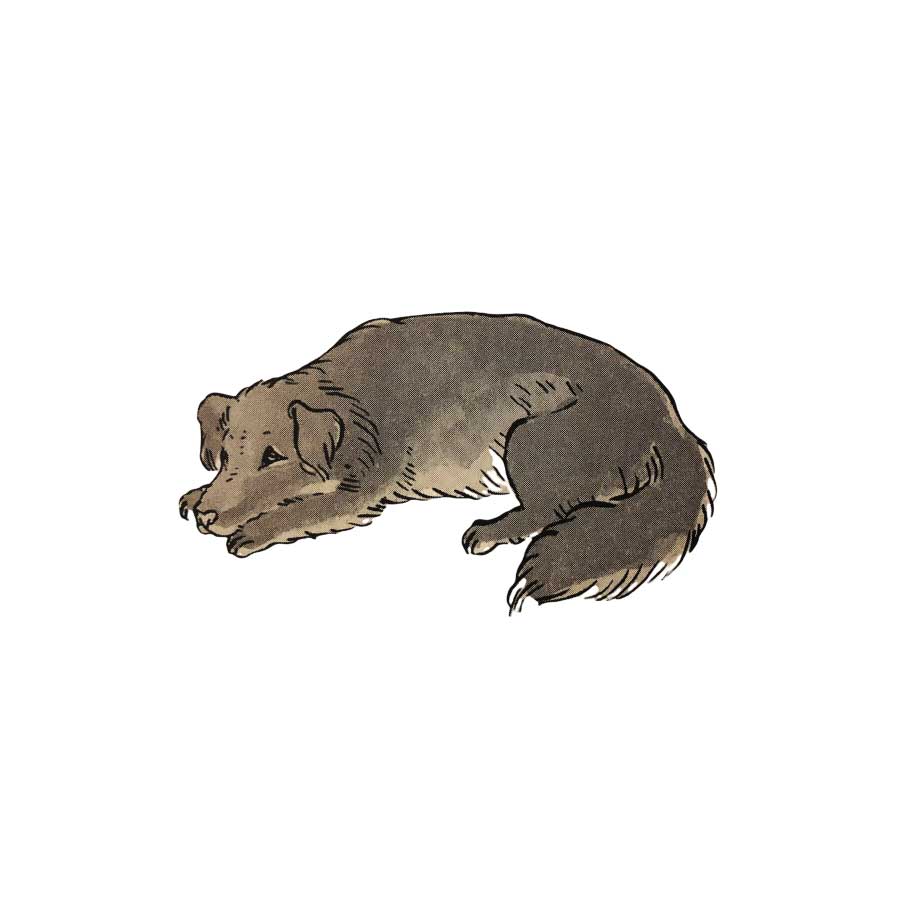
Learn and practice more
Our bestsellers to learn, review and practice Italian grammar.
